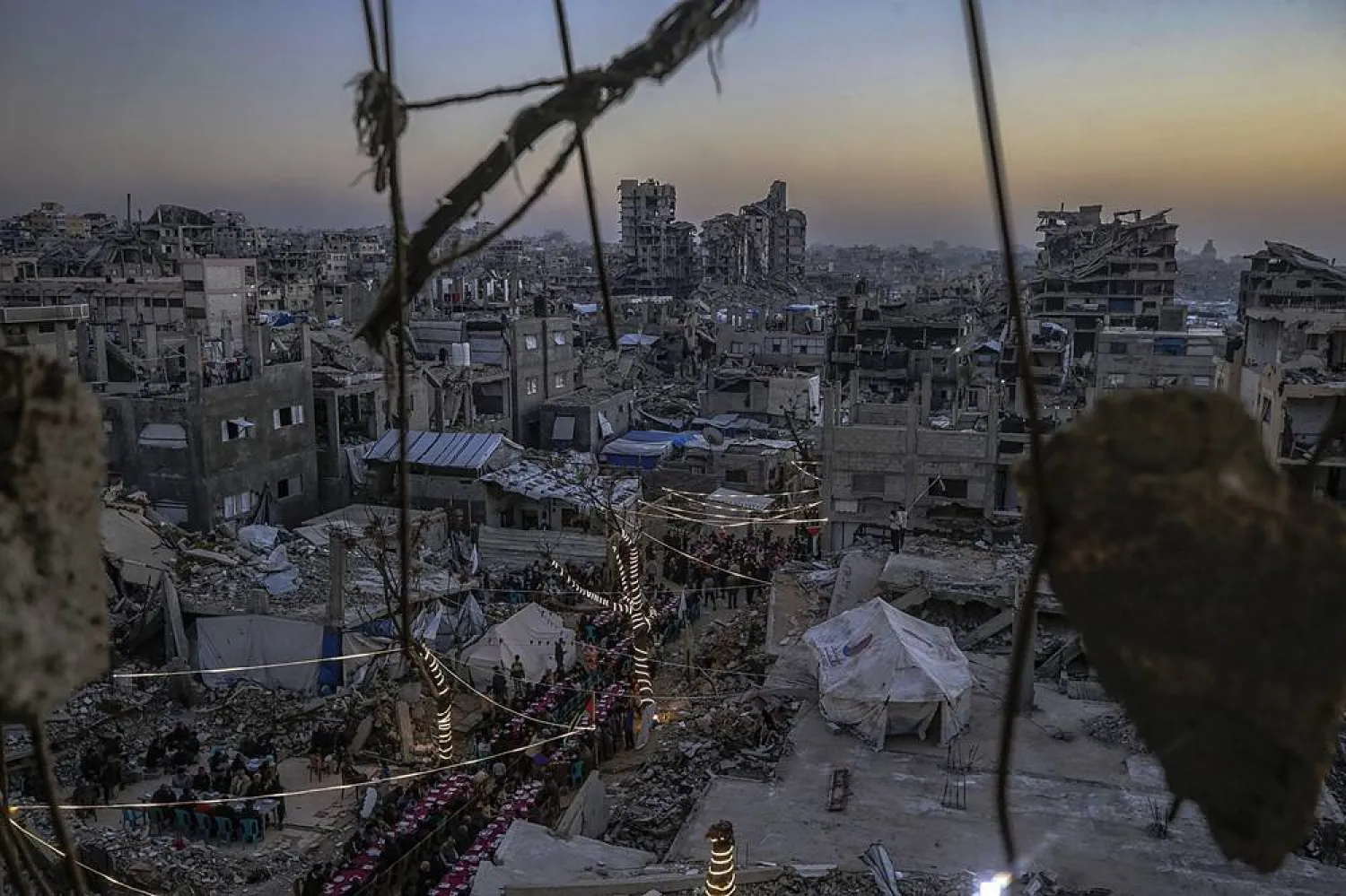The United Nations’ top official in divided Libya on Monday called for a unified mechanism to lead the reconstruction of a coastal city that was wrecked by devastating floods last month.
UN Special Envoy for Libya Abdoulaye Bathily said in a statement that such a mechanism is required amid “unilateral and competing initiatives” by Libyan actors and institutions on the reconstruction of the Mediterranean city of Derna and other flood-impacted areas.
Devastating rainfall and floods, triggered by Mediterranean Storm Danial, hit parts of eastern Libya last month. The floods overwhelmed two depleted dams outside Derna on Sep. 11, causing massive waters that washed away residential buildings to the sea and left as much as one-third of Derna’s housing and infrastructure damaged, according to the UN’s Office for Coordination of Humanitarian Affairs.
Government officials and aid agencies have given estimated death tolls ranging from more than 4,000 to over 11,000. The bodies of many of the people killed still are under rubble or in the Mediterranean, according to search teams.
As Libya remains divided, with two rival administrations claiming legitimacy and each wanting to oversee the reconstruction of Derna, Bathily called for “a unified national mechanism ... required to effectively and efficiently take forward the reconstruction efforts in the flood-affected areas”, The Associated Press said.
He urged Libyan rival authorities and their international partners to facilitate the establishment of the unified mechanism to ensure “transparency and accountability.”
Following the disaster, many in and outside Libya called for an international investigation, reflecting the deep public mistrust in state institutions. The two dams had not been maintained for decades despite repeated warnings that they were depleted.
Bathily’s call for a unified mechanism quickly gained support from the US, the UK, France, Germany, and Italy.
The five governments said in a joint statement that they “strongly support” a proposal to “deliver transparent and accountable relief and response to the reconstruction needs in the wake of the flood disaster.”
The oil-rich North African nation has been in chaos since 2011, when an Arab Spring uprising, backed by NATO, ousted Moammar Gadhafi, who was later killed. For most of the past decade, rival administrations have claimed authority to lead Libya.
The country’s east and south have been under the control of Gen. Khalifa Hafter and his self-styled Libyan National Army, which is allied with a parliament-confirmed government. A rival administration is based in the capital, Tripoli, and enjoys the support of most of the international community.
UN Envoy Calls for a 'Unified Mechanism' to Lead Reconstruction of Libya's Flood-wrecked City

A view shows the destruction, in the aftermath of the floods in Derna, Libya September 30, 2023. (Reuters)

UN Envoy Calls for a 'Unified Mechanism' to Lead Reconstruction of Libya's Flood-wrecked City

A view shows the destruction, in the aftermath of the floods in Derna, Libya September 30, 2023. (Reuters)
لم تشترك بعد
انشئ حساباً خاصاً بك لتحصل على أخبار مخصصة لك ولتتمتع بخاصية حفظ المقالات وتتلقى نشراتنا البريدية المتنوعة







